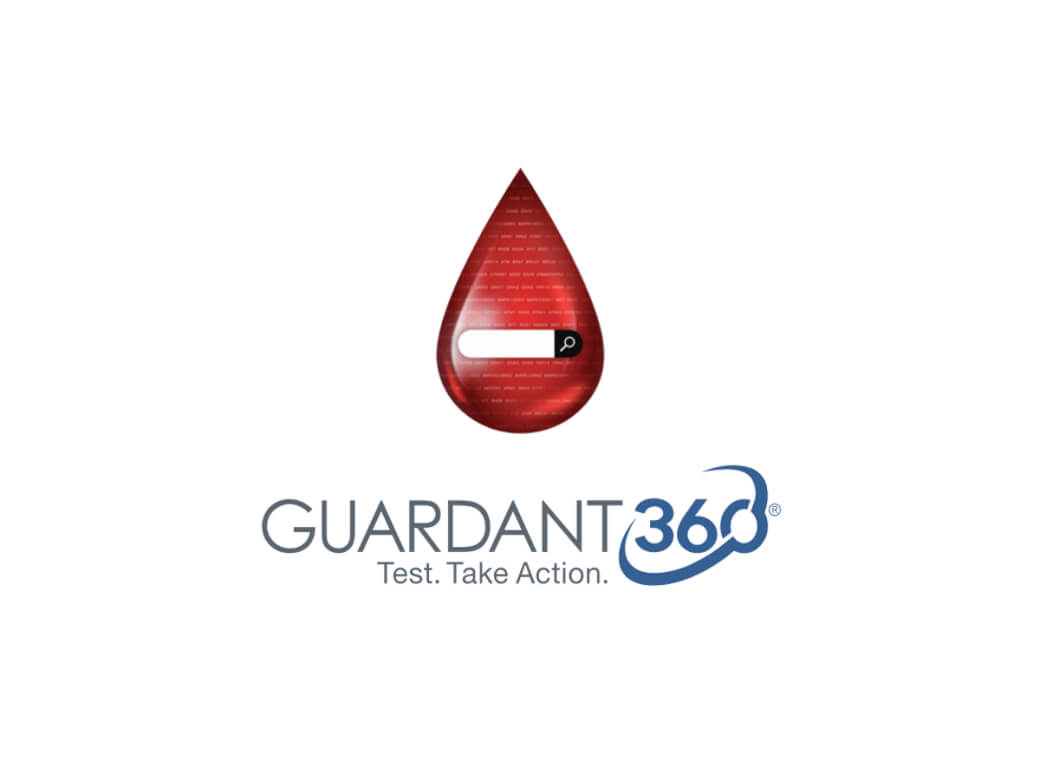On August 7, 2020, the U.S. Food and Drug Administration (FDA) approved the first liquid biopsy companion diagnostic that also uses next-generation sequencing (NGS) technology to identify patients with specific types of mutations of the epidermal growth factor receptor (EGFR) gene in a deadly form of metastatic non-small cell lung cancer (NSCLC).
This is the first approval to combine two technologies — NGS and liquid biopsy — in one diagnostic test in order to guide treatment decisions. The FDA granted approval for the Guardant360® CDx test to Guardant Health.
“Approval of a companion diagnostic that uses a liquid biopsy and leverages next-generation sequencing marks a new era for mutation testing,” said Tim Stenzel, M.D., Ph.D., director of the Office of In Vitro Diagnostics and Radiological Health in the FDA’s Center for Devices and Radiological Health. “In addition to benefitting from less invasive testing, patients are provided with a simultaneous mapping of multiple biomarkers of genomic alterations, rather than one biomarker at a time, which can translate to decreased wait times for starting treatment and provide insight into possible resistance mechanisms.”
The Guardant360® CDx assay uses two technologies. The first is called liquid biopsy, which uses a blood sample to provide health care professionals with genetic information about the patient’s tumor. It is less invasive and more easily repeatable in comparison to standard tissue biopsies. Furthermore, liquid biopsy tests can be used in cases in which standard tissue biopsies are not feasible, for instance, due to the location of the tumor.
The second technology is NGS, which uses large-panel genetic sequencing, known as high-throughput tumor profiling. Compared to older technologies, NGS requires only one test in order to allow clinicians better assessment of tumor composition, giving providers an advantage in evaluating which mutations are problematic. According to the FDA, the Guardant360 CDx assay uses NGS technology to simultaneously detect mutations in 55 tumor genes, rather than one gene at a time.
Guardant360® says its CDx tests for 98 genetic alterations, including common druggable tumour antigens and microsatellite instability (MSI)-high status. Microsatellites are short repeated sequences of DNA. MSI-high status is increasing in importance as a biomarker.
The Guardant360® CDx is approved both to provide information on multiple solid tumor biomarkers and to help identify EGFR mutations in patients who will benefit from treatment with TAGRISSO (osimertinib), an FDA-approved therapy for a form of metastatic NSCLC. Lung cancer is the leading cause of cancer-related death among men and women in the United States, and NSCLC is the most common type of lung cancer. Genomic findings for other biomarkers evaluated are not validated for choosing a particular corresponding treatment with this approval. If the specific NSCLC mutations associated with today’s approval are not detected in the blood, then a tumor biopsy should be performed to determine if the NSCLC mutations are present.
The Guardant360® CDx assay was granted a Breakthrough Device designation, in which the FDA provides intensive interaction and guidance to the company on efficient device development.
Guardant360 CDx Intended Use
According to the company, Guardant360® CDx is a qualitative next generation sequencing-based in vitro diagnostic device that uses targeted high throughput hybridization-based capture technology for detection of single nucleotide variants (SNVs), insertions and deletions (indels) in 55 genes, copy number amplifications (CNAs) in two (2) genes, and fusions in four (4) genes. Guardant360 CDx utilizes circulating cell-free DNA (cfDNA) from plasma of peripheral whole blood collected in Streck Cell-Free DNA Blood Collection Tubes (BCTs). The test is intended to be used as a companion diagnostic to identify non-small cell lung cancer (NSCLC) patients who may benefit from treatment with the targeted therapy listed in Table 1 in accordance with the approved therapeutic product labeling.

